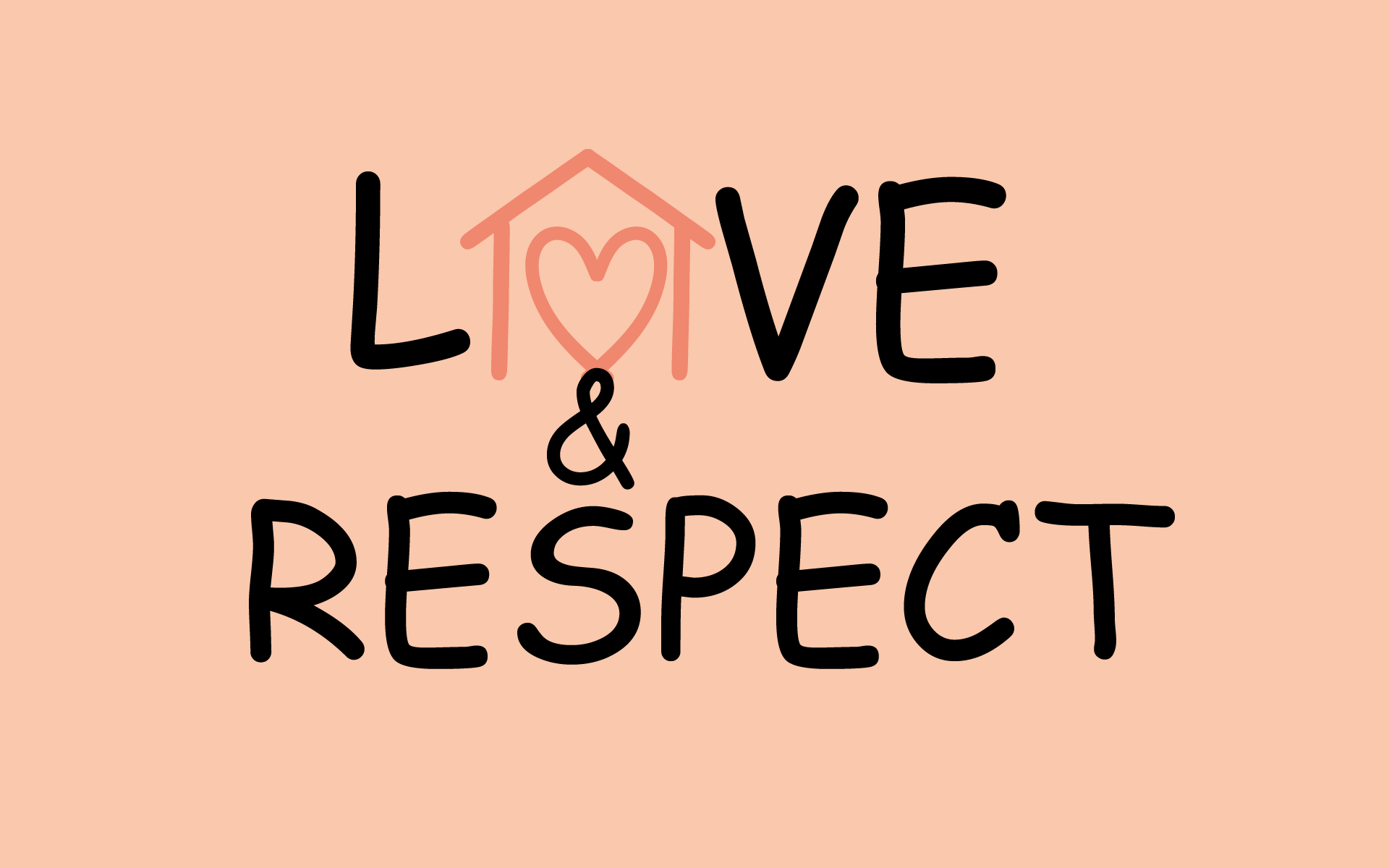Once, they looked after you, in their home. Now it’s time to return the favour.
Our 11-year-old calls out that he’s going to visit Gran. The door slams and the air settles.
I use the quiet time to finish some work, and then join my husband in the kitchen where he’s preparing supper. We take advantage of the quiet to discuss birthday presents for our son’s 12th birthday. While the chicken is roasting and my husband checks email, I grab a glass of wine and go next door for a chat.
A year ago, we converted our garage into a granny flat for my elderly parents. It took a long time for the decision to ripen from both sides.
They were reluctant to downsize so dramatically, and we were apprehensive about having them right next door. We worried about boundaries and intrusions; they worried about noise and the small space. Our little boy was simply excited.
A year later, we meet on the deck for a celebratory drink and snacks. It’s all been pretty easy, my husband says, looking surprised. It’s been a mutually beneficial arrangement.
Financially it allows us to earn income from our home, as they pay us rent, without the downside of having a tenant on our property. For them, they save on extras like Wi-Fi, electricity, and gas, and are free of the worry and responsibility of home maintenance.
Emotionally, it’s a comfort for us all. (In fact, they’ve been away for the past few days, and we’ve missed each other!) On most evenings, I pop around for sundowners, to drop off leftovers, or to borrow whatever my menopausal brain has forgotten to buy at the shops.
We respect each other’s boundaries, and if the occasional niggle occurs, we talk about it and make changes if necessary.
We’re lucky that both of them, in their late 70s and early 80s respectively, are in good health and still mobile and independent. But when the level of care they need increases over time, this system of multi-generational living should continue to work.
According to a World Health Organisation (WHO) report on improvements in life expectancy, by 2050 the global population over age 65 will total 1.5-billion people.
This is having an impact on middle-aged children who are often required to step in with economic, caregiving, and emotional support for their ageing parents.
Currently, the number of South Africans aged 60 or older is around 4.2 million. In 2050, this figure will rise to 10 million.
The World Health Organisation estimates that 49% of those aged over 75 experience limitations in daily tasks, like eating, bathing, or dressing.
This level of caregiving will have a direct impact on children looking after their ageing parents.
If the independence and mobility of my parents become limited as a result of their age, we’ll be able to assist with grocery shopping, provide meals, and have the peace of mind of knowing we are right there should they need us.
We’ve discussed their wishes for these scenarios, and they have given us a copy of their Living Will, a legal document that specifies their wishes for healthcare if they are unable to communicate.
A friend who recently moved her 93-year-old father in with her family and cares for him almost full-time, says it’s been a big adjustment, but they use dignity and a sense of humour to help them cope.
These changes in those we love, who in the past have been the ones who looked after and cared for us, can be unsettling. But when there is love and mutual respect, together we can make a plan.

Leave a Reply